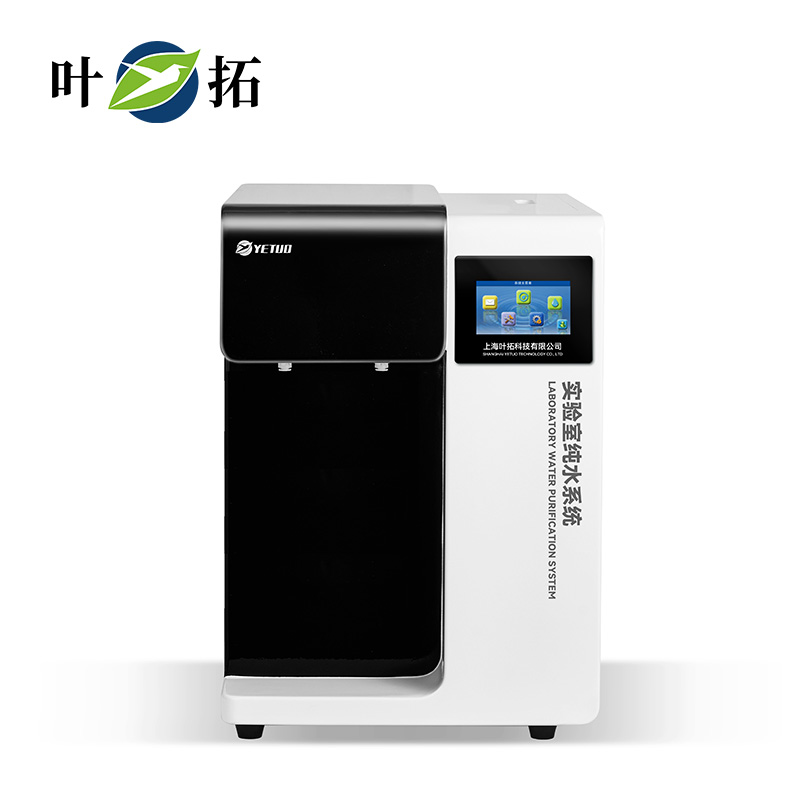1. Closed storage: Sealed containers are the ideal choice for storing ultrapure water because they prevent particles and gases from the air from entering the water. Glass bottles are usually considered the best choice as they do not release any impurities into the water, but care should be taken to avoid collisions and breakage when using them. Polyethylene (PE) bottles are also a common choice, but it is important to ensure their quality to prevent the release of impurities.
2. Nitrogen protection: Nitrogen is a harmless and chemically stable gas that can be used to replace oxygen in the air. By injecting nitrogen, the impact of oxygen on ultrapure water can be reduced, preventing oxidation and other chemical reactions from occurring. Usually, nitrogen is pushed into the bottom of the container and air is expelled through the top of the container to ensure a nitrogen atmosphere is maintained inside the container.
3. Avoid light: Ultra pure water is sensitive to light, which can cause some chemical reactions to occur, thereby affecting the purity of the water. Therefore, ultrapure water should be stored in opaque containers to reduce the entry of light. Avoid exposing the container to direct sunlight and store it in a dark or opaque box as much as possible.
4. Keep clean: It is very important to keep the operating environment and tools clean to reduce the entry of impurities from the air into ultra pure water. When operating ultrapure water, it is recommended to operate in a clean room or dust-free environment to minimize the presence of particulate matter. Regularly clean the workbench, containers, and tools, and use cleaning agents and purified water for cleaning to ensure a dust-free and impurity free environment.


 Alibaba Store
Alibaba Store Tmall Store
Tmall Store Jingdong Sstore
Jingdong Sstore







